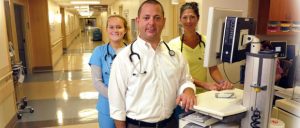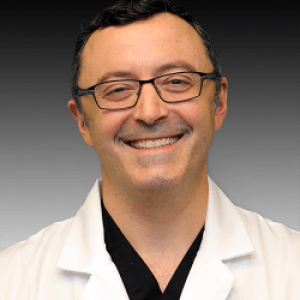CAPITAL REGION, NY (WRGB) — We’ve heard many medical experts speak out during the COVID-19 pandemic, urging people to not neglect other aspects of their health because of the virus. Doctors are using the month of march to double down on that, when it comes to the problem of colorectal cancer.
MORE: New York releases list of underlying health conditions eligible for vaccine Feb. 15
March itself is National Colorectal Cancer Awareness Month, and Dr. Reena Patel of Albany Gastroenterology Consultants says this is the perfect time to remind New Yorkers of the risks, and to get screened. Dr. Patel says the biggest at-risk demographic are African-Americans and Hispanics. The doctor says people in these groups need to be screened earlier, around the age of 45.
“It depends on your family history, and any symptoms you may be presenting at. But traditionally, all patients should begin screening at the age of 50.”
Dr. Patel points out there’s been a recent change in guidelines to argue that everyone should begin screening earlier, and that’s in the process of being finalized. But the important thing to look for are small growth, or polyps. Doctor Patel says despite the pandemic, it is critical to get screened.
“Something that we’ve been very worried about is the rate of colon cancer is pushing about 90% in regards to this recent pandemic and COVID.”
Dr. Patel says it all comes down to what’s found in that first screening, in terms of determining how often you need to be screened again, and many facilities can incorporate telehealth visits before the screening, to limit office visits. The doctor says colon cancer is one of the only cancers that are preventable, but detection is key.


